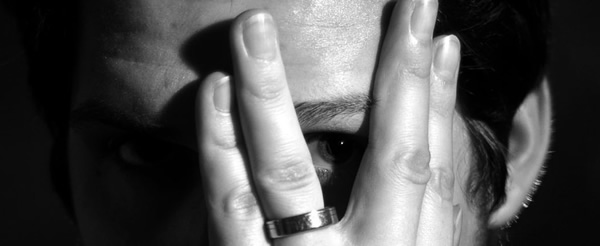 Torah Sparks
Torah Sparks
Genesis 6:9–11:32
Our Torah reading has a couple of classic “Bible stories,” known by everyone. They are the story of the Flood and the story of the Tower of Babel. A less well-known story is the epilogue to the Flood story. It tells us what happened to Noah after his famous voyage in the ark, the sole righteous survivor of the Earth’s destruction.
In the later episode Noah settles down and plants a vineyard. From the grapes he makes wine. He drinks the wine and becomes drunk. He rolls around naked in his tent. Then his son, Ham, sees his father in this exposed state and runs to tell his brothers. They hastily cover their father, preserving his privacy. When Noah recovers his senses he finds out what Ham had done. Enraged, he curses Ham’s son, Canaan.
Readers have had many questions about this story. Noah’s reaction to his son, Ham, is hard to understand. Why was he so angry with him? And why didn’t he express his rage directly at Ham, instead of aiming it at Ham’s son, who seems to have had nothing to do with the events? This second question might be somewhat explained by seeing Noah’s curse as a vindictive punishment that Noah sought to deliver as an exact mirror image of his son’s crime. If Ham’s sin against his father deprived Noah of any prospect of being proud of his son, then Ham would be equally deprived of ever having any sense of pride in his own son!
But this brings us back to our first question. What, then, was so bad about what Ham did? Sophisticated readers have plausibly argued that this story is not fully exposing what happened to Noah. In this view the sin that elicits Noah’s wrath must have been one of sexual violation. Only this would account for Noah’s extreme reaction.
But if we strive to maintain our naive reading of the text, might we yet apprehend another possible explanation for what made Ham’s sin so dreadful? Even if Ham were not guilty of abusing his father, we still need to ask ourselves how we judge his behavior as reported in the text. We read that he sees his father rolling, helpless and naked, in his tent. But he does not stop to help his father. He goes on and tells his two brothers what he saw, but he does not join them to lend a hand of support to their father in his time of weakness, need and humiliation. It is true that Noah brought this sordid situation upon himself. But his son does not seek to give him any help. He does not seek to delve into the source of his father’s misfortune. He sees it and talks about it, but does nothing to respond to fixing it. He does not try to restore some modicum of dignity to his father. If that were all there was to the story, we should ask ourselves – would such a sin merit Noah’s fierce condemnation?
In our own time we are assaulted with terrible stories of sexual abuse. We are properly horrified and outraged. And we are justifiably appalled by the inaction of those who might have known about the situation but who did not lift a hand to help. But should we not also be outraged by the ongoing humiliation and helplessness of so many in our society? We see their situation, which is, indeed, sometimes one that they have brought upon themselves. We see them in their ugly vulnerability and we talk about it but do nothing to help.
Unlike in the story of Noah and Ham and his brothers, in our world we do not have the luxury of having other brothers and sisters who will step up to help out in our stead. When we see others rolling in the dust, in a stupor of senseless despair or folly, it is left to us alone to find the strength to offer our tender care.
image: “Mimic” © Andrew Rennie altered and used with permission via Creative Commons License 2.0
- Toby Stein: In Memoriam - Thu, Feb 8, 2024
- Faithfulness and Hope: Parashat Sh’lach - Thu, Jun 23, 2022
- Past Their Prime: Parashat B’ha`a lot’kha - Thu, Jun 16, 2022
